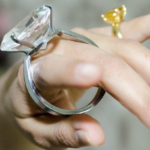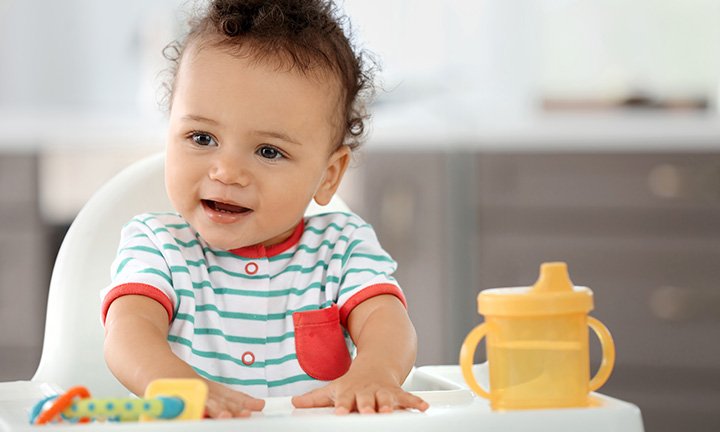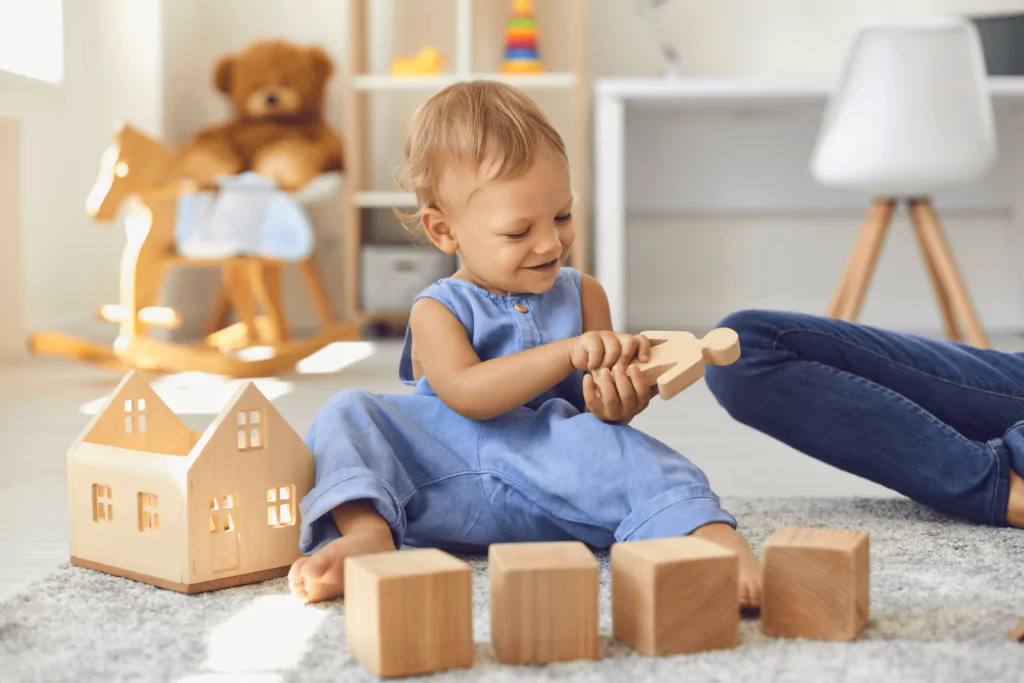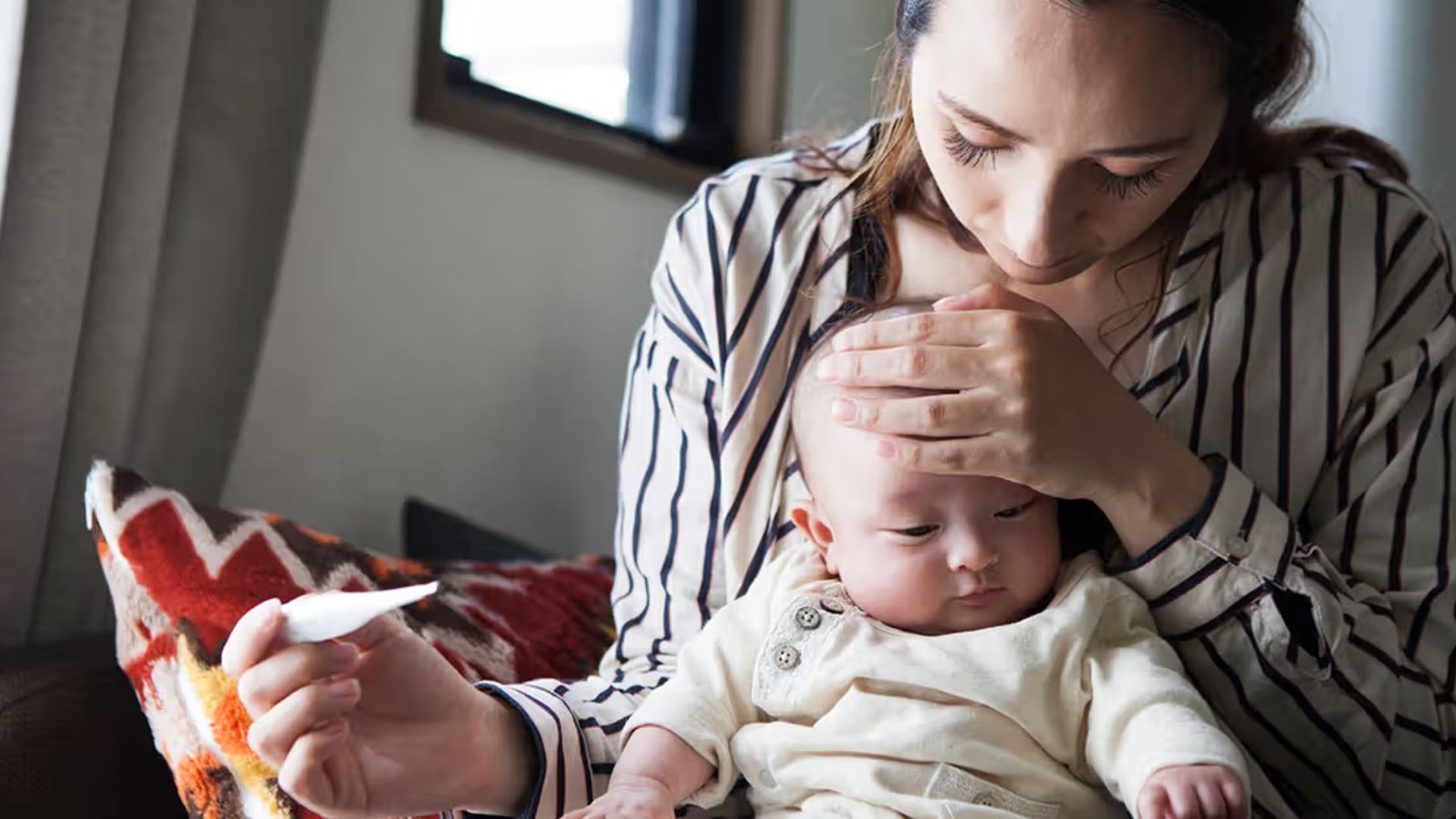When preparing for your new baby, one of the most important decisions you will make is selecting the right feeding bottles and accessories. As parents, we always want what’s best for our children, and that includes choosing products that are safe and non-toxic. One of the biggest concerns when it comes to baby products is the presence of BPA (Bisphenol A), a chemical compound commonly used in plastics. While BPA has been used in many baby bottles and feeding accessories for years, research has shown that it may have harmful effects on your child’s health.
In this guide, we’ll explore why choosing BPA-free baby bottles and feeding accessories is crucial, and how you can ensure the products you choose are safe for your baby.
What is BPA, and Why is it Harmful?
BPA is a synthetic chemical commonly found in plastics and resins. It has been widely used in baby bottles, food containers, and other plastic products for decades. However, studies have shown that BPA can leach into food and liquids when the plastic breaks down, especially when exposed to heat. When consumed, BPA can potentially interfere with the body’s natural hormone regulation.
BPA is often referred to as an endocrine disruptor because it can mimic the body’s hormones, particularly estrogen. This can lead to a range of health problems, especially for babies and young children who are more vulnerable to hormonal disruptions. Some of the risks associated with BPA exposure include:
- Hormonal imbalances: BPA can affect your baby’s development, leading to possible issues with puberty, fertility, and behavior.
- Increased risk of obesity: Exposure to BPA during critical developmental windows may increase the risk of metabolic disorders and obesity later in life.
- Behavioral issues: Research suggests that BPA exposure may influence behavior, including increasing the risk of anxiety and depression in children.
- Developmental delays: BPA may impact brain development in babies, potentially leading to cognitive and developmental delays.
To mitigate these risks, many parents are now opting for BPA-free baby products, which offer a safer alternative.
The Benefits of Choosing BPA-Free Baby Bottles and Feeding Accessories
1. Protecting Your Baby’s Health
The most important benefit of choosing BPA-free bottles and accessories is protecting your baby from potential health risks. BPA-free products ensure that your baby is not exposed to toxic chemicals, which is especially important during the early months when their body and brain are still developing.
2. Reducing Risk of Hormonal Disruption
As babies are more susceptible to hormonal changes, using BPA-free products reduces the risk of interfering with their endocrine system. BPA-free materials, like polypropylene (PP) and glass, do not contain the harmful chemical, ensuring safer feeding.
3. Improved Durability and Safety
Many BPA-free alternatives are made from safer plastics or glass that are less likely to leach harmful chemicals into liquids. Some BPA-free plastics, like Tritan™, are highly durable, shatterproof, and more resistant to heat and stress than traditional plastics, offering both safety and convenience for parents.
4. Peace of Mind for Parents
Choosing BPA-free baby bottles and accessories gives parents peace of mind, knowing they are making a healthier choice for their child. With so many safe and high-quality BPA-free products available, parents can confidently provide safe feeding options without worrying about chemicals leaching into their baby’s milk.
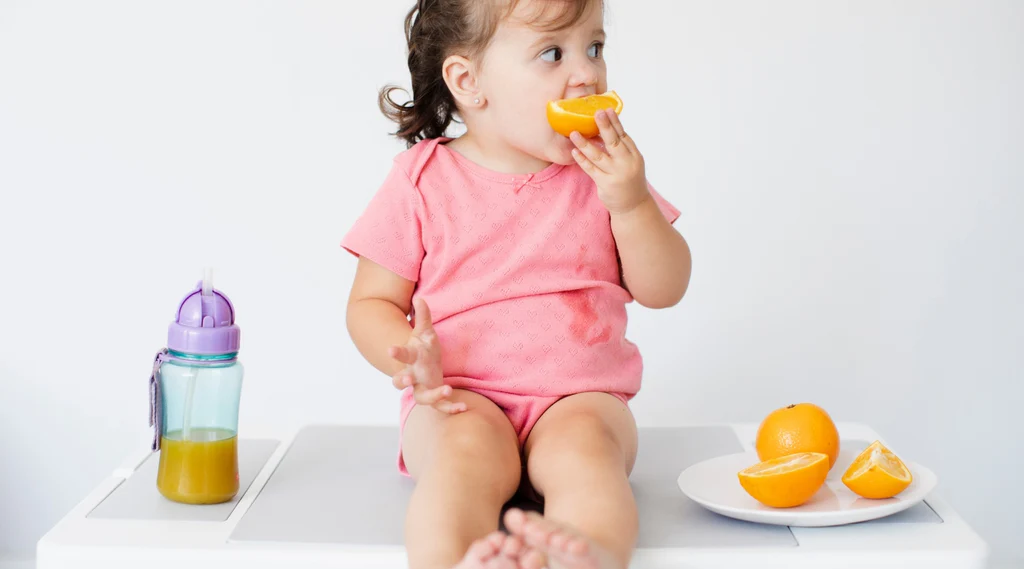
How to Identify BPA-Free Baby Bottles and Feeding Accessories
With so many baby products on the market, it’s important to know how to identify BPA-free options. Here are a few tips for making informed choices:
1. Check Product Labels
Manufacturers of BPA-free products are usually very clear about it. Look for labels such as “BPA-free” or “Non-toxic” on the packaging or product itself. Reputable brands will prominently display this information to reassure parents about the safety of their products.
2. Materials Matter
BPA-free baby bottles are often made from alternatives like:
- Glass: Glass bottles are an excellent choice because they are completely BPA-free, easy to clean, and free from harmful chemicals. However, they are more fragile and may require extra care.
- Polypropylene (PP): This plastic is a popular BPA-free alternative that is durable, lightweight, and safe for babies. It is free from harmful chemicals and resistant to wear.
- Tritan™: A newer BPA-free plastic, Tritan™ is known for its clarity, durability, and resistance to odors and stains. It’s a great option for parents who prefer plastic bottles but want to avoid BPA.
3. Be Cautious of “BPA-Free” Mislabels
While many companies now advertise that their products are BPA-free, it’s important to verify that the entire product is non-toxic. Some companies may still use other potentially harmful chemicals like BPS (Bisphenol S) or BPF (Bisphenol F) in their products. Always double-check the labels to ensure that the bottle is truly free of BPA, BPS, and BPF.
4. Look for Third-Party Certifications
Some baby products, including bottles and feeding accessories, are tested and certified by third-party organizations for their safety and compliance with health standards. Look for seals or certifications from trusted organizations like the FDA (Food and Drug Administration), European Union (EU) regulations, or other industry authorities.
Alternatives to BPA-Free Plastics
While BPA-free plastics are a safer alternative to traditional plastic, they’re not always the best option. Some parents prefer to go for more natural alternatives, such as:
- Glass Bottles: Glass is a completely natural, non-toxic option. It’s free from BPA, BPS, and any other synthetic chemicals. Plus, it’s highly durable and easy to clean.
- Stainless Steel Bottles: Stainless steel is another great alternative, as it’s sturdy, lightweight, and free from chemicals. It also helps keep milk warm for longer periods, making it a popular choice for feeding on the go.
- Silicone: Food-grade silicone is another BPA-free, non-toxic alternative. It’s soft, flexible, and safe for babies to chew on when teething.
Conclusion
As a new parent, choosing the right feeding products for your baby can be overwhelming, but prioritizing BPA-free baby bottles and feeding accessories should be a top consideration. By opting for BPA-free options, you’re helping protect your baby’s health, reduce the risk of hormone disruptions, and ensure their development stays on track.
Remember, when selecting baby bottles, pacifiers, and other feeding accessories, always look for reliable labels and materials. Whether you choose glass, polypropylene, or Tritan™, the key is to select non-toxic, BPA-free products that promote your baby’s safety and well-being. Your baby deserves the best—so start with safe and reliable feeding solutions!






